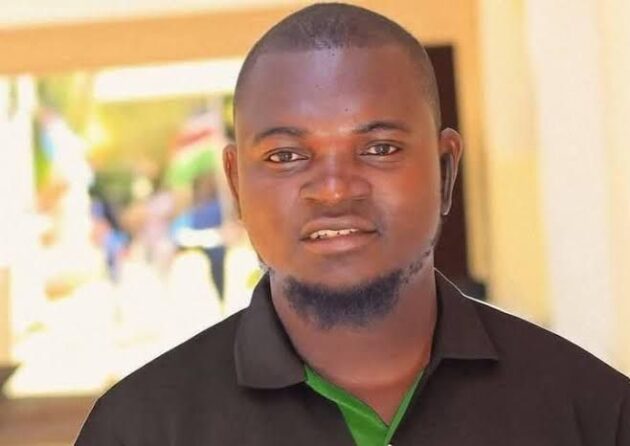
Justice for Albert Ojwang Must Be Swift, Transparent and Uncompromising » Capital News
The death of Albert Ojwang in police custody has shocked the conscience of the nation. It is a tragedy that demands more than words—it demands justice. It demands accountability. And above all, it demands truth.
Albert, a young Kenyan with nothing more than a phone and an opinion, died under the watch of those entrusted to protect him. The official narrative—that he died from a self-inflicted injury—was swiftly dismantled by an independent autopsy that confirmed what many feared: that he was brutally assaulted. The post-mortem findings of head trauma, neck compression, and multiple soft tissue injuries leave no room for doubt. This was not a medical emergency. This was murder.
Yet, despite the mounting evidence and the public outcry, the response from authorities has been staggeringly underwhelming. While the President has promised action, the silence from Deputy Inspector-General Eliud Lagat—Ojwang’s accuser—has been deafening. He has yet to issue a single public comment, offer condolences, or show even the basic decency of stepping aside while investigations unfold.
In any functioning democracy, Mr. Lagat would have resigned by now. His continued presence in office is a stain on our national values and a threat to the integrity of the investigations.
Albert’s death has not occurred in isolation. It comes at a time when Kenyan security agencies are under renewed scrutiny for a troubling pattern of extrajudicial killings and enforced disappearances since June 2024 GenZ protests. Civil society, human rights defenders, and grieving families have been raising the alarm about rogue officers operating with impunity. The murder of Albert Ojwang tragically confirms that these concerns were never exaggerated.
The path forward must be unequivocal: an independent, open and transparent investigation into Albert Ojwang’s death. Not one shrouded in secrecy, not one designed to shield those in power, but one that holds every single perpetrator accountable—uniformed or otherwise. Anything less would be a betrayal of the very ideals this nation claims to uphold.
The State must now choose its path. How it handles this case will determine whether it truly values the lives and voices of its citizens—or whether it continues to turn a blind eye to institutional brutality.
Justice delayed will be justice denied—not just for Ojwang and his family, but for every Kenyan who fears their voice could cost them their life.
-Capital FM.